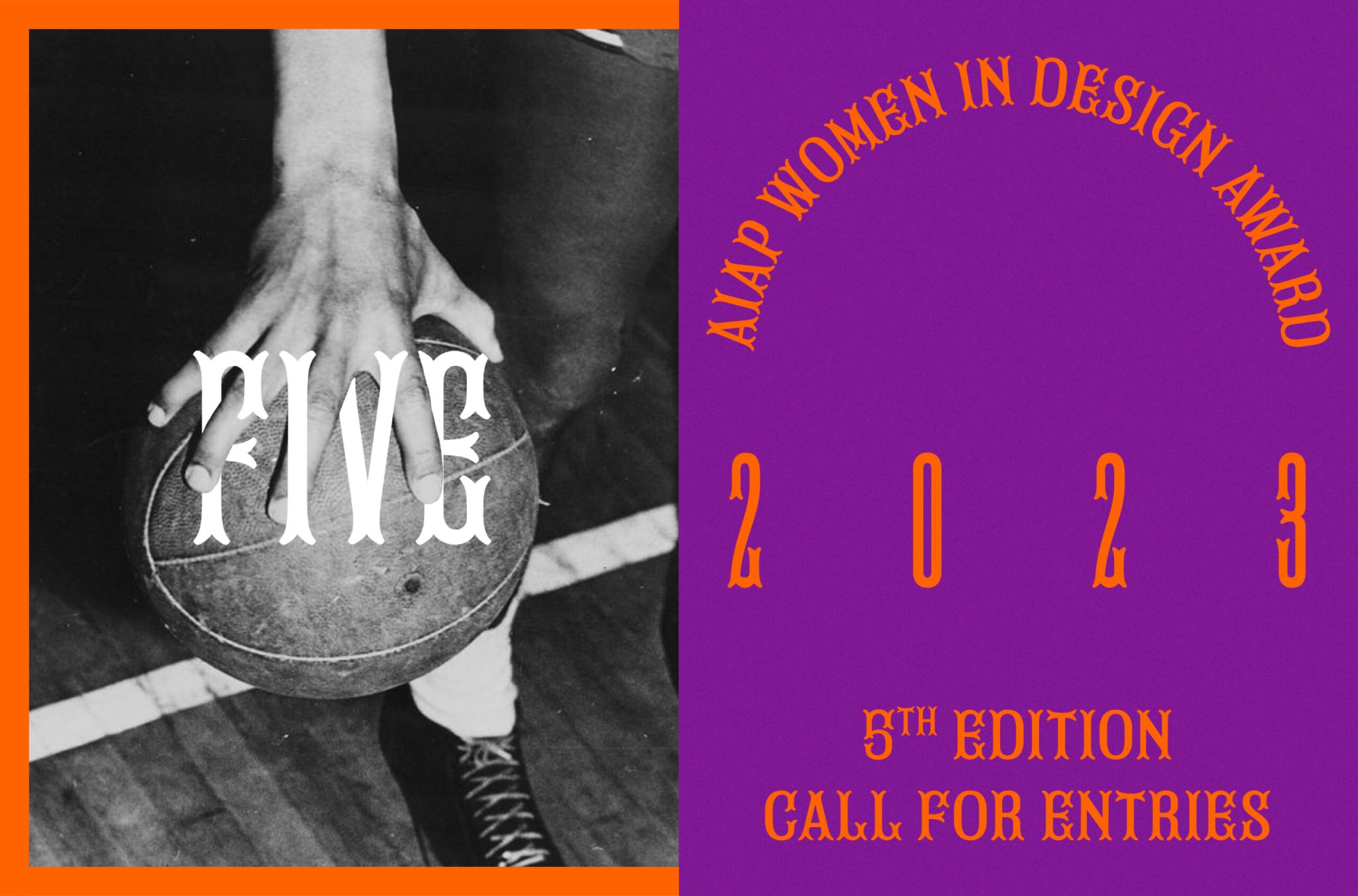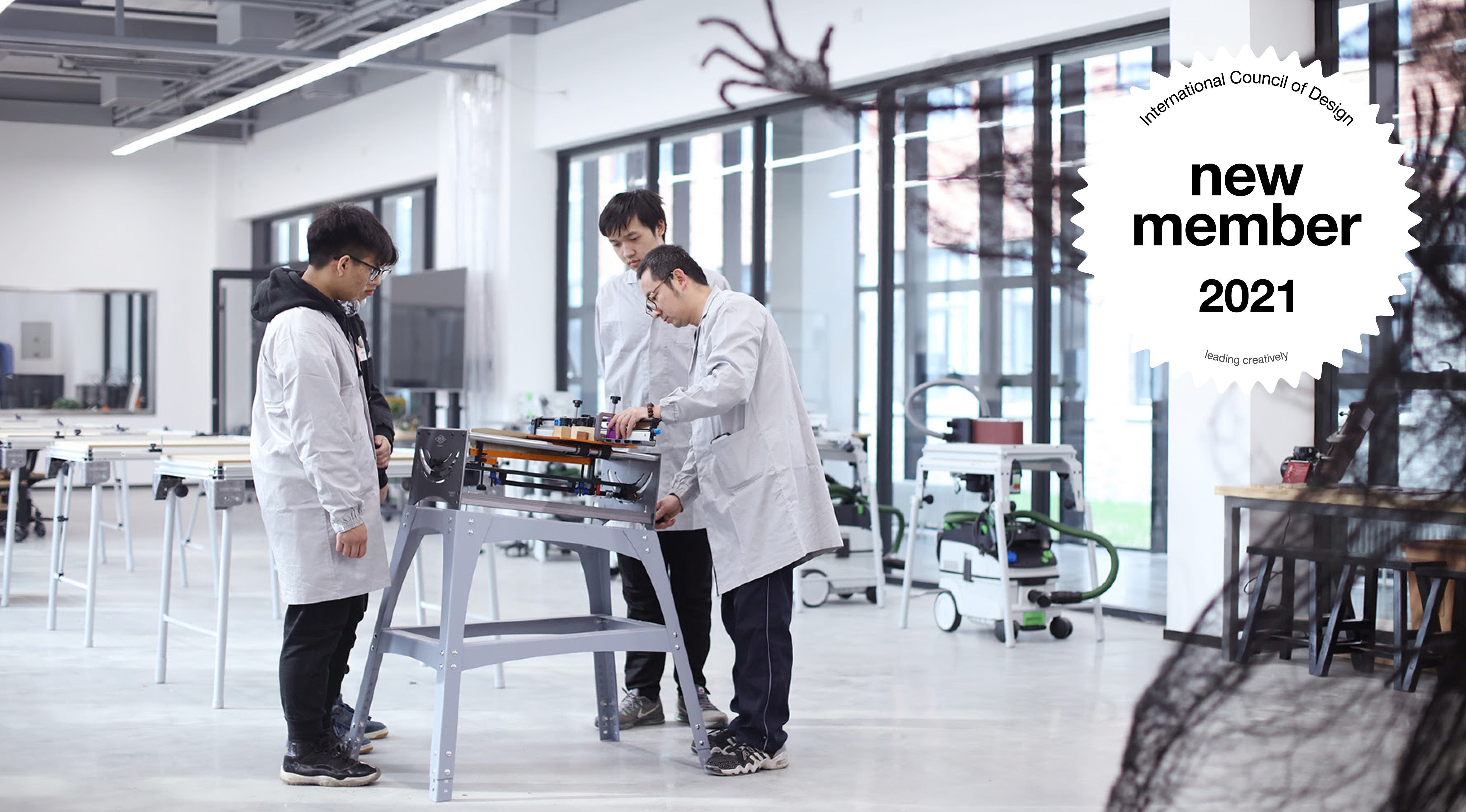Ideas That Matter Student Competition 2010: the winners are announced
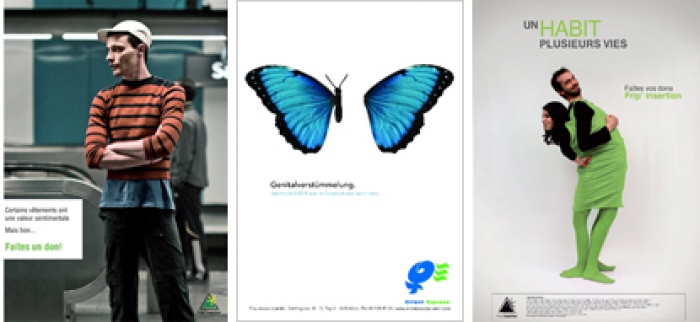
27.02.2011 News
Brussels (Belgium) - Six outstanding marketing campaigns by students from across Europe have won awards from Sappi Fine Paper Europe's programme Ideas that Matter.
For more than ten years, Sappi has supported graphic designers and the non-profit sector with its Ideas That Matter programme.
Since Ideas That Matter began in 1999, Sappi has funded over 400 programmes totalling $10 million worldwide in support of causes that change lives, communities and, importantly, the planet.
The student competition, as part of the 2010 programme, set the prize of a grant of EUR €1000 for each of the winners in addition to free paper to implement the printed campaign.
Completed as part of the students' courses, the campaigns had to demonstrate an environmental, sustainable or humanitarian impact.
The quality of the entries was outstanding and a total of six winners were chosen from four Austrian, German and French schools for graphic designers.
Eric Van den Bruel, Business Development and Marketing Communications Director for Sappi Fine Paper Europe said, "We need to encourage people to think of what can really make a difference; this is at the heart of The Ideas That Matter programme and the Sappi ethics.
"Sustainable thinking must be a part of our future so it is important that educational establishments integrate concern about the planet and our communities into their teaching plans.
"Sappi papers are fully sustainable and serve as the ideal medium for projects that help to improve lives and the planet.
"We are currently working on a new creative contest which will be available very soon and I can't wait to see the innovative ideas that the 2011 competition will bring."
The winners are as follows:
![]()
Sebastion Kentzler, Tatjana Krause and Vanessa Qureshi of Fachhochschule, Dusseldorf, with the outdoor poster teaser campaign "Drogensucht" (Drug addiction: recognise it early, before it's too late) on behalf of Kunst gegen Sucht e.V. (Art against addiction); an organisation that provides help for children growing up in families with addiction problems.
The campaign ran in three stages using a grid pattern made of dots and pictograms over a period of five days. It was praised for its simple and powerful graphic design and message.
![]()
Kai Weissenfeld of the University of Applied Science, Dusseldorf with a poster campaign on behalf of the Alzheimer Forschung Initiative which supports research into Alzheimer and Dementia.
The judges said that the poster and postcard campaign, "Alzheimer heilen helfen" (Alzheimer: when you lose your memories and daily things become impossible) lived up to its promise of making you stand in the shoes of an Alzheimer sufferer. It was, they said, a perfect example of "a picture speaks a thousand words."
![]()
Lena Pointner of the Training Institute for Graphic Design in Vienna won an award for the campaign "Everyone can be Robin Hood" on behalf of Wiener Tafel; Austria's biggest social food provider.
Wiener Tafel distributes groceries to people in need from overproduction that would otherwise be land-filled. The campaign aimed not to gain compassion for wasted food or poor people; instead it focussed on what the target audience cares about the most - themselves.
The message was positive and encouraging; everyone can be a hero and can add to the redistribution of wealth; a stylised quiver and hat instantly provoked an association with Robin Hood to symbolise the inner heroism of the people portrayed. Its positive theme encouraging everyone to be a hero struck a chord with the judging team.
![]()
Jasmin Mondschein of the Training Institute for Graphic Design in Vienna won an award for the advertising campaign "Free Like a Butterfly" for Orient-Express; an information and counselling service for migrant women that has special initiatives against violence, forced marriage and female genital mutilation.
The campaign aimed to establish the Orient-Express brand as a contact point for concerned women and for fund-raising. Butterflies were used as a symbol for the advertisements because their wings are as fragile and vulnerable as the character of children and adolescents whilst also symbolising freedom.
![]()
Maxime Duval and Lou Rullier of Ecole Axe Sud in Marseille won an award for the happy photographic campaign "Un habit, plusieurs vies" (One piece of clothing has more than one life) for Frip Insertion an organisation that helps with the reintegration of people into society by recycling and selling second-hand clothes.
Its use of bright, cheerful photography with models "sharing" outsized clothing in funny poses was praised by the judges.
![]()
Jean-Baptise Casasola and Thomas Puggelli of Ecole Axe Sud in Marseille won an award for the photographic campaign "Faites un don!" (Donate!) also for Frip Insertion. The absurd photographs of people wearing too many clothes were thought by the judges to speak to young people and would encourage them to donate.
To find out more about Sappi, visit: www.sappi.com
For further information, please contact:
Sophie de Guignard
Initiatives Team Leader
T: +32 2 676 97 35
N: +33 6 0725 1414
E: Sophie.de.Guignard@sappi.com
Isabelle Roche
Press & Media Relations
Coordinator
T: +32 2 676 97 25
F: +32 2 676 96 65
M: +32 479 588 025
E: Isabelle.Roche@sappi.com
Sappi papers are produced in mills accredited with ISO 9001 and ISO 14001 certification and EMAS registration for all our mills in the EU. SFPE's mills hold chain-of-custody certification under the Forest Stewardship Council (FSC) and/or the Programme for the Endorsement of Forest Certification (PEFC) schemes.
Sappi Fine Paper Europe is a division of Sappi Limited (NYSE, JSE), a global company headquartered in Johannesburg, South Africa, with over 17 000 employees and manufacturing operations on four continents in 9 countries, sales offices in 50 countries, and customers in over 100 countries around the world. www.sappi.com
For more than ten years, Sappi has supported graphic designers and the non-profit sector with its Ideas That Matter programme.
Since Ideas That Matter began in 1999, Sappi has funded over 400 programmes totalling $10 million worldwide in support of causes that change lives, communities and, importantly, the planet.
The student competition, as part of the 2010 programme, set the prize of a grant of EUR €1000 for each of the winners in addition to free paper to implement the printed campaign.
Completed as part of the students' courses, the campaigns had to demonstrate an environmental, sustainable or humanitarian impact.
The quality of the entries was outstanding and a total of six winners were chosen from four Austrian, German and French schools for graphic designers.
Eric Van den Bruel, Business Development and Marketing Communications Director for Sappi Fine Paper Europe said, "We need to encourage people to think of what can really make a difference; this is at the heart of The Ideas That Matter programme and the Sappi ethics.
"Sustainable thinking must be a part of our future so it is important that educational establishments integrate concern about the planet and our communities into their teaching plans.
"Sappi papers are fully sustainable and serve as the ideal medium for projects that help to improve lives and the planet.
"We are currently working on a new creative contest which will be available very soon and I can't wait to see the innovative ideas that the 2011 competition will bring."
The winners are as follows:
Sebastion Kentzler, Tatjana Krause and Vanessa Qureshi of Fachhochschule, Dusseldorf, with the outdoor poster teaser campaign "Drogensucht" (Drug addiction: recognise it early, before it's too late) on behalf of Kunst gegen Sucht e.V. (Art against addiction); an organisation that provides help for children growing up in families with addiction problems.
The campaign ran in three stages using a grid pattern made of dots and pictograms over a period of five days. It was praised for its simple and powerful graphic design and message.
Kai Weissenfeld of the University of Applied Science, Dusseldorf with a poster campaign on behalf of the Alzheimer Forschung Initiative which supports research into Alzheimer and Dementia.
The judges said that the poster and postcard campaign, "Alzheimer heilen helfen" (Alzheimer: when you lose your memories and daily things become impossible) lived up to its promise of making you stand in the shoes of an Alzheimer sufferer. It was, they said, a perfect example of "a picture speaks a thousand words."
Lena Pointner of the Training Institute for Graphic Design in Vienna won an award for the campaign "Everyone can be Robin Hood" on behalf of Wiener Tafel; Austria's biggest social food provider.
Wiener Tafel distributes groceries to people in need from overproduction that would otherwise be land-filled. The campaign aimed not to gain compassion for wasted food or poor people; instead it focussed on what the target audience cares about the most - themselves.
The message was positive and encouraging; everyone can be a hero and can add to the redistribution of wealth; a stylised quiver and hat instantly provoked an association with Robin Hood to symbolise the inner heroism of the people portrayed. Its positive theme encouraging everyone to be a hero struck a chord with the judging team.
Jasmin Mondschein of the Training Institute for Graphic Design in Vienna won an award for the advertising campaign "Free Like a Butterfly" for Orient-Express; an information and counselling service for migrant women that has special initiatives against violence, forced marriage and female genital mutilation.
The campaign aimed to establish the Orient-Express brand as a contact point for concerned women and for fund-raising. Butterflies were used as a symbol for the advertisements because their wings are as fragile and vulnerable as the character of children and adolescents whilst also symbolising freedom.
Maxime Duval and Lou Rullier of Ecole Axe Sud in Marseille won an award for the happy photographic campaign "Un habit, plusieurs vies" (One piece of clothing has more than one life) for Frip Insertion an organisation that helps with the reintegration of people into society by recycling and selling second-hand clothes.
Its use of bright, cheerful photography with models "sharing" outsized clothing in funny poses was praised by the judges.
Jean-Baptise Casasola and Thomas Puggelli of Ecole Axe Sud in Marseille won an award for the photographic campaign "Faites un don!" (Donate!) also for Frip Insertion. The absurd photographs of people wearing too many clothes were thought by the judges to speak to young people and would encourage them to donate.
To find out more about Sappi, visit: www.sappi.com
For further information, please contact:
Sophie de Guignard
Initiatives Team Leader
T: +32 2 676 97 35
N: +33 6 0725 1414
E: Sophie.de.Guignard@sappi.com
Isabelle Roche
Press & Media Relations
Coordinator
T: +32 2 676 97 25
F: +32 2 676 96 65
M: +32 479 588 025
E: Isabelle.Roche@sappi.com
About Sappi
Sappi Fine Paper Europe is the leading European producer of coated fine paper used in premium magazines, catalogues, books and high-end print advertising. Headquartered in Brussels, Belgium, Sappi Fine Paper Europe is recognised for innovation and quality.Sappi papers are produced in mills accredited with ISO 9001 and ISO 14001 certification and EMAS registration for all our mills in the EU. SFPE's mills hold chain-of-custody certification under the Forest Stewardship Council (FSC) and/or the Programme for the Endorsement of Forest Certification (PEFC) schemes.
Sappi Fine Paper Europe is a division of Sappi Limited (NYSE, JSE), a global company headquartered in Johannesburg, South Africa, with over 17 000 employees and manufacturing operations on four continents in 9 countries, sales offices in 50 countries, and customers in over 100 countries around the world. www.sappi.com

relatedarticles
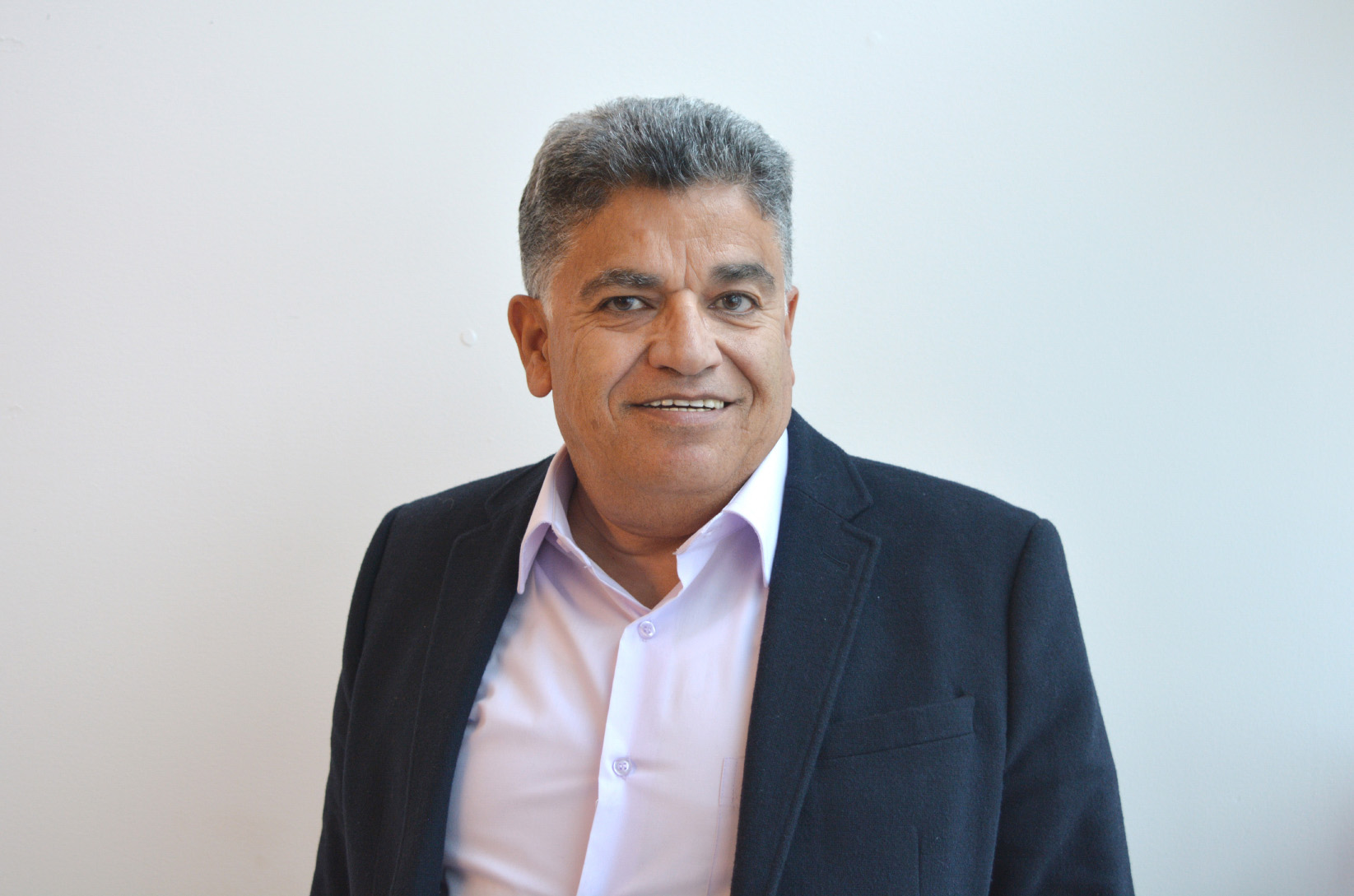
04.05.2021 News
in memoriam: essam abu awad (1958-2021)
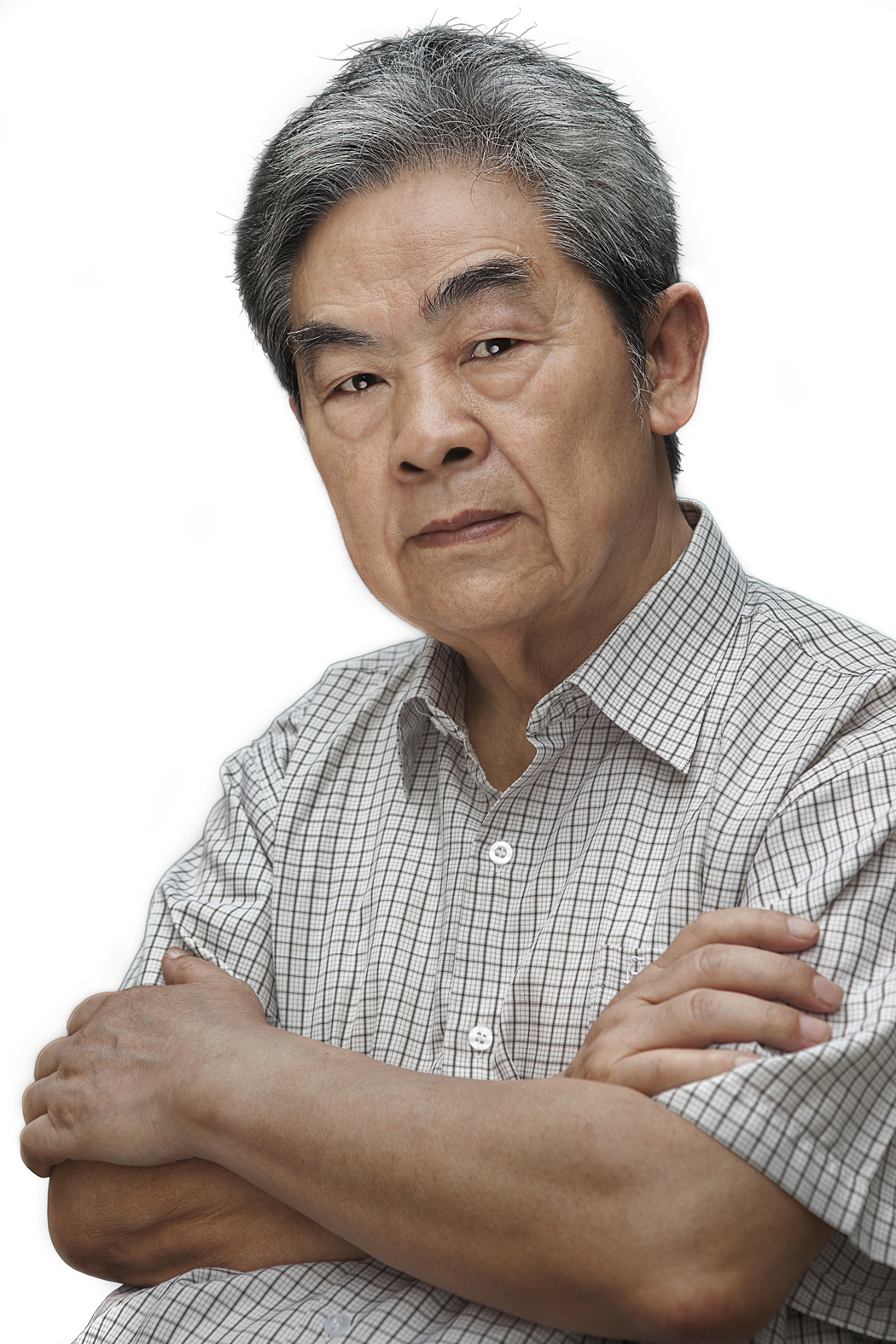
10.16.2020 News
in memoriam: yu bingnan (1933–2020)
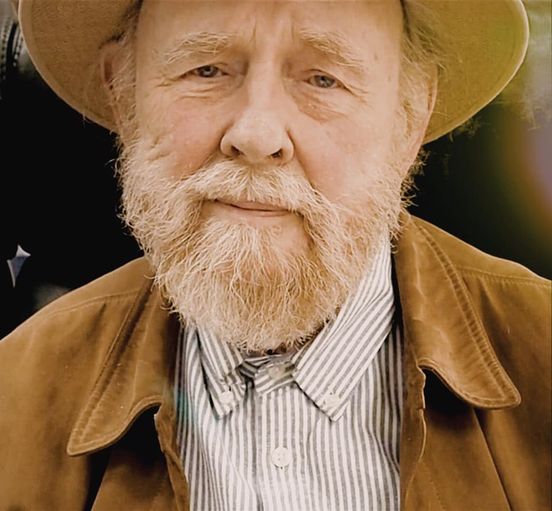
10.02.2020 News
